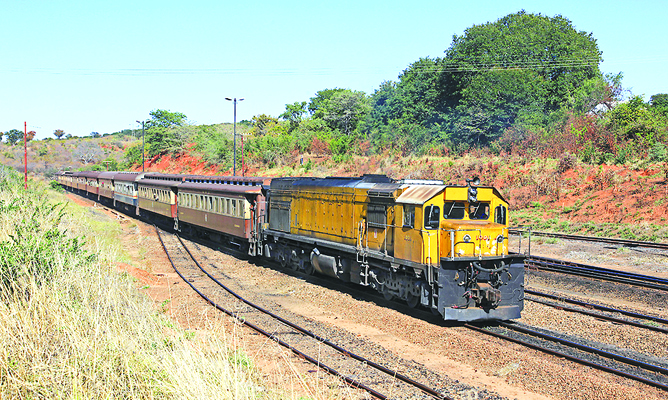National Railways of Zimbabwe Pension Fund extends real estate trust IPO
The National Railways of Zimbabwe (NRZ) Pension Fund which recently established a real estate investment trust (REIT) targeting to raise approximately US$8 million through an initial public offer (IPO), has extended its closing date due to strong interest from the market.
The IPO opened on November 16.
The initial closing date was December 7 but has since been moved to December 14, listing ceremony at the Zimbabwe Stock Exchange (ZSE) is now scheduled for December 18 with trading expected to commence on December 20.
The extension was necessitated by strong interest from un-named institutions.
“The issuer has received strong interest from certain institutions in the final internal approval processes for participation in the Revitus offer, to accommodate these potential investors and to ensure administrative processes are completed, the offer window for the application of units in the REIT has been extended,” reads a notice.
A REIT is a company that owns and typically operates income-producing real estate or related assets, for which units of an investment pool are created and sold to investors in the same way as company stock.
The assets may include office buildings, shopping malls, apartments, hotels, resorts, self-storage facilities, warehouses and mortgages or loans.
The promoter, NRZ Contributory Pension Fund (CPF), intends to sell a total of 121 378 791 units of the Revitus REIT at an offer price of $400 per unit by way of an offer for units to the investing public.
Datvest Asset Management Company will manage the fund on behalf of the investors or unit holders and the asset management company is 100 percent wholly owned by CBZ Holdings and has over $1 trillion in funds under management.
Under the Revitus REIT, five buildings will undergo different types of development — two in Bulawayo and three in Harare.
The funds to be raised in the IPO (Phase 1) will be targeted at refurbishing Chester House in Harare while the remaining properties — Electra House, Atlas House (all in Harare) and Pioneer House and Africa House in Bulawayo will be done over two phases.
Based on the prospectus, the current market value for Pioneer House is pegged at US$$2,2 million and gross replacement value by 2026 would be US$13 million.
On the other hand, Africa House market value is envisaged to surge from the current US$$2,4 million to Gross Replacement Value US$11 million.
Over two decades of economic challenges saw Zimbabwe’s commercial property market experience a decline in demand for space particularly in the office sector as businesses downsized or closed down.
The retail sub-sector has been relatively resilient largely due to limited availability of quality space.
The prospectus noted that the industrial property sub-sector has persistently underperformed due to subdued manufacturing activity, fluid operating environment and rising volumes of imports.
“Property development has been sluggish in the commercial property sector compared to residential developments. Notable property developments have mainly been owner occupied offices in suburban areas.
“The lethargic growth in commercial property development coupled with lack of routine renovations and maintenance has resulted in a rapid deterioration of some of the major buildings that used to define the streetscape of the cities and towns in the country,” reads part of the document.
“Most high-rise buildings are now in a rundown state characterised by, among other things, low occupancy, non-functioning elevators, worn out furnishings and exteriors, poor parking facilities, dirty and congested alleys.”
It added that the state of the Central Business District (CBD) has resulted in businesses relocating to surrounding office parks and suburban residential areas to escape the congestion, lack of parking space and dilapidated amenities that have become synonymous with the CBD.
“The migration has left CBD buildings with high vacancy rates despite the centrality to economic activity that the CBD brings to most businesses. Furthermore, the CBD has a more robust infrastructure which contributes to the convenience of residing and doing business in it.
“This presents an opportunity to salvage some distressed properties at considerable discounts, reconfiguring them to improve rental income and capital values with a long-term view.” — chronicle










